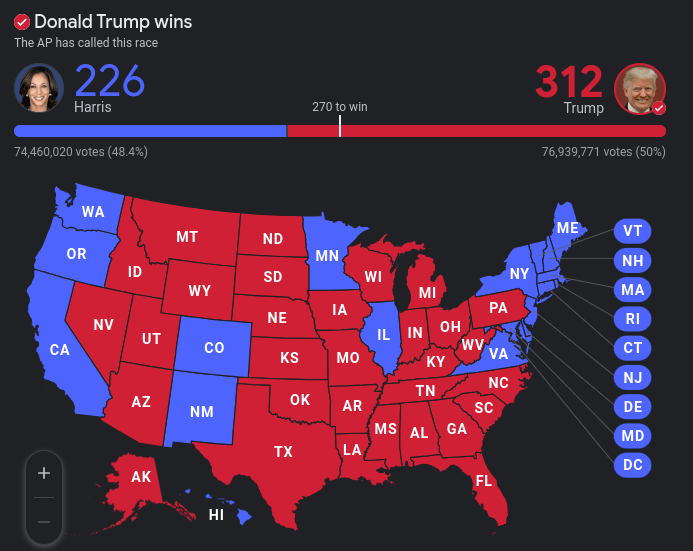The Jordan School District has changed its policy for how high school plays are selected after Bingham’s production of Dead Man Walking last March. The play is about a man sentenced to death for his crimes, and a Catholic nun who becomes his spiritual advisor. More than two months after the play ended, it became a subject of much controversy in the Jordan School District and the Utah Eagle Forum.
Some concerned parents and community members all got together and voiced their “deepest objection” to the play in a letter to the school board, saying that the play contained “offensive materials not suited for high school,” and it was a “violation of district policy” because it didn’t stay within acceptable community standards. They complained that the play showed an unbalanced and biased view of capital punishment, and its purpose was to influence the views of the students and community members against capital punishment. They demanded redress for the violation of public and parental trust, and wanted an apology from the Jordan School District to Bingham High School and the Community.
When the play first began in March it received an overwhelmingly positive response from the more than 700 people who saw it, and only 1 person anonymously complained.
“Much of the objection to the play came from individuals who did not attend Bingham’s production,” said Steve Dunham, district spokesman.
According to a district statement it said that Bingham went through great lengths to ensure all of the participants were comfortable with their parts and lines in the play, and the student who played the lead role was given the opportunity to edit any of the lines that made him uncomfortable. The play was an optional, extracurricular activity and was approved by Bingham and a committee of parents.
“My main concern was that I didn’t want anybody to feel bad, or feel apologetic, because they did great stuff,” said Michelle Robbins, Bingham theater teacher and director of Dead Man Walking.
Supporters of the play have stood up for free speech rights, and the importance of touching on difficult issues in education.
“No matter what we do someone is going to be unhappy because it’s art,” said Mrs. Robbins in a Salt Lake Tribune article.
Tim Robbins, the author of Dead Man Walking called Mrs. Robbins in July and voiced his support for the play. He asked her to pass onto all who were involved in Dead Man Walking his support and appreciation for their fine work. He said that everyone is entitled to their opinion, but Bingham must have put on some play to get such a reaction to it.
“The purpose of theater is to evoke emotion,” said Mrs. Robbins. “I guess we did our job.”
Many students decided to voice their opinion in letters to the school board when they heard about the controversy caused by Dead Man Walking and the debate over what to do about it. Junior Riley French sent an email to the president of the board in support of the play.
“The story of Dead Man Walking may bring up topics such as rape and murder, but it never, in any circumstances, states that those sorts of actions are acceptable,” said Riley.
The school board then had a meeting to determine whether they should change the policy on how plays are selected in the Jordan School district. In response to Riley’s email, the school board president Rick Bojak thanked him and said, “I wish you would have been at the board meeting and spoke your words. Both sides of any situation should be heard. That night, we only heard one. We will continue to keep you in mind. You are appreciated.”
On August 28th the school board voted to make the change and call for parents to play a larger roll in choosing the plays for the students. There will be more parents in the selection committee that approves the plays being performed. The plays have to be approved at least two months before the production and students need parental consent before participating in any plays.
Anthony Godfrey said on kuer.org that there are good safeguards in place with the new policy. “So you have general input from parents in the community on that committee as the production in selected,” he said. “Once a production is chosen, it doesn’t mean that eliminated all possibility for controversy. That disclosure statement allows for individual families to also make a decision about whether their student participates in a production or not.”




![Photo Credit; Miller, Kim. “City of Asheville prepares for a weekend of winter weather.” City of Asheville prepares for a weekend of winter weather [Ashville], 10 February 2023, https://www.ashevillenc.gov/news/city-of-asheville-prepares-for-a-weekend-of-winter-weather/. Accessed 06 January 2025.](https://binghamprospector.org/wp-content/uploads/2025/01/Screenshot-2025-01-14-7.54.38-AM.png)
